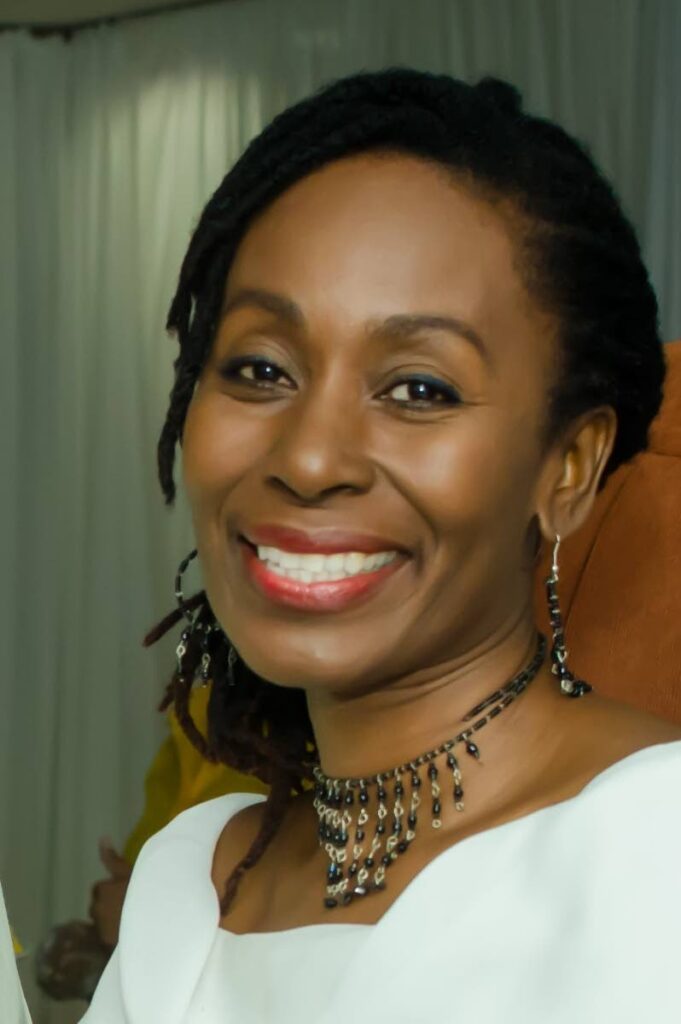Can we save our picong?

Dara E Healy
“‘
We have to sign peace with the bands,’ he told Reds. Make peace, and do what? Reds asked. (Fisheye) Fight the people that keeping us down. Take over the government! Take over the government? Reds laughed. The fellars laughed too. They started to call him Premier. He used to think of them as fellars with ideas, fellas with sense in their heads. But he suffered himself to be teased by them, to be the butt of their jokes, refusing to relent, to give in, to reduce his vision to the joke they insisted that it become.”
– Earl Lovelace, The Dragon Can’t Dance
BONJAY, it is the season of ole talk, robber talk and picong. To be honest, sometimes I think it is good that we are now more sensitive about how we speak to one another. Our legendary ability to decimate someone with our words or humour can be taken to cruel lengths.
If we are honest, it is possible that this tradition of ours may have impacted the culture of bullying in schools, at work and in the political sphere. In an era where everything seems to be at a heightened level of political correctness, are we destroying picong or simply refining it?
I was amazed to listen to some of the calypso duels from the old days, mainly because of the sheer rawness of the picong involved. A famous, lengthy feud took place between the Mighty Sparrow and Lord Melody.
On one occasion, they focused on each other’s wives. Lord Melody sang, “When yuh wife walking/People say she shaking/She should wear a corset/For the goods she carrying.” Sparrow retorted, “The day you married to this ole maid/Well even the preacher and all was afraid/Your shirt out your trousers, your jacket so short/Like when you appearing for tiefing fowl in the Police Court.”
I actually quoted some of the milder lyrics, as from a 21st century perspective, the calypsoes could be accused of everything from racism to misogyny.
In the days of enslavement, planters like the wicked Begorrat twisted the ancient griot tradition of storytelling by using calypso to boost his image as a relentless planter. At one stage, he supported a song that told of a man being boiled alive for stealing.
After emancipation, calypsonians took back their power by drawing from the kalinda or stickfighting martial arts tradition. At its core, it is a cultural form of warriorhood, masked as dancing and singing. Dr Hollis "Chalkdust" Liverpool refers to the music as "battling songs," as seen in our extempo tradition which began to develop around the 1930s. In this period, several attempts were also made to ban picong against the police in the tents.
In the 1960s and 70s, some calypsonians were privileged to have access to the music and songs of elders who were descendants of the Yoruba people. They arrived as indentured workers in the period after 1838, bringing songs that contained their own version of picong.
In 1964, Lord Kitchener’s Lenore’s Well is as delightful as it is filled with subtle sexual references. “Ah notice something feel tight/And the end of meh spade ent woking too right/Ah say look darling Lenore/You had a man digging here before/Since ah seven ah digging well/And any fast move ah could always tell/Ah say ah feel something in the way/Ah think he leave a shovel dong dey.”
Over time, the animosity between Africans and Indians that was fuelled by the colonial government found its way into the calypso and, sadly, onto the political platforms as well. Double entendre on the hustings often gave way to inelegant utterances, ranging from vulgar sexual references to open personal attacks.
Recently, there have been calls to teach the art of writing calypsoes, not just in schools but for practitioners as well. I recommend that such training should be extended to speech-writers for politicians and include the craft of double meaning.
The sensitivities of our times would not approve of the relentless teasing that Fisheye suffered, but we are all aware that this behaviour persists across our nation. Picong is meant to be stinging but it should not be hurtful. We should be able to have harmless fun like when Lord Melody mocked Hitler in Berlin on a Donkey. Let us not kill our picong with political correctness, but see it as a tool for building a more kind and culturally aware country.
Dara E Healy is a performing artist and founder of the Idakeda Group, a cultural organisation dedicated to empowering communities through the arts

Comments
"Can we save our picong?"